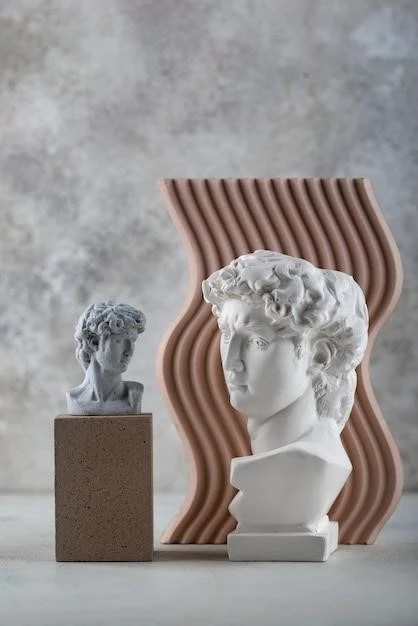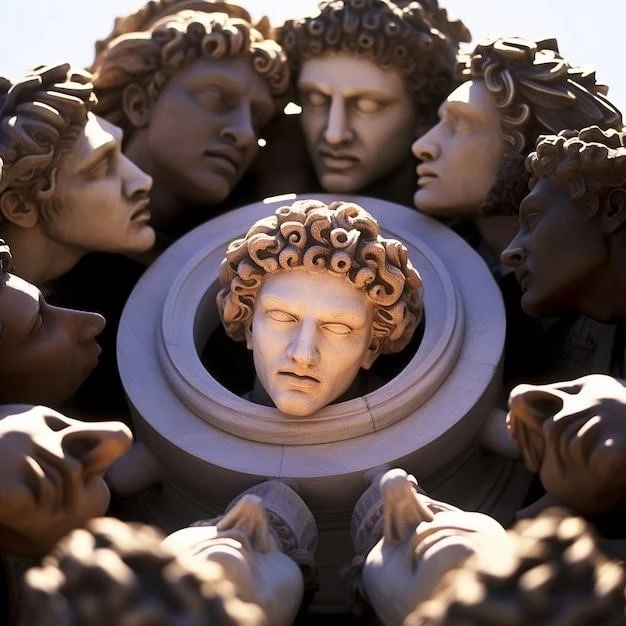The Evolution of Democratic Thought: From Ancient Greece to Modernity
Democracy, a system of government where supreme power is vested in the people and exercised by them directly or indirectly through a system of representation, has undergone a profound evolution throughout history. From its origins in ancient Greece to its modern manifestations, democratic thought has been shaped by a complex interplay of philosophical, political, and social forces. This article explores the key milestones in this evolution, highlighting the pivotal thinkers and events that have contributed to our understanding of democracy today.

Ancient Greece: The Birthplace of Democracy
The concept of democracy can be traced back to ancient Greece, specifically to the city-state of Athens. In the 5th century BC, Athens developed a system of direct democracy, where citizens participated directly in the political process through assemblies, courts, and councils. Key figures like Cleisthenes and Pericles played pivotal roles in establishing and developing this system. The Athenian democracy, however, was limited in its scope, excluding women, slaves, and foreigners from participation.
The philosophical underpinnings of Athenian democracy were laid by thinkers like Plato and Aristotle. Plato, in his work “Republic,” argued for a philosopher-king to govern, while Aristotle, in his “Politics,” emphasized the importance of a mixed constitution that combined elements of democracy, aristocracy, and monarchy.
The Roman Republic: Expanding Democracy
The Roman Republic, influenced by Greek political thought, adopted a system of representative democracy. The Roman Republic, however, was not a pure democracy. Power was held by a complex system of elected officials, including senators, consuls, and tribunes. This system, while not a direct democracy, allowed for greater participation than the monarchies of the time.
Roman law played a significant role in shaping democratic thought. The concept of natural law, which posits inherent rights possessed by all individuals, was developed by Roman jurists and philosophers, laying the groundwork for later notions of individual rights and liberties.
The Medieval Period: The Decline of Democracy
Following the decline of the Roman Empire, Europe entered the Middle Ages, a period marked by the rise of feudalism and the Church’s dominance. Democracy as a political system largely disappeared, replaced by monarchies and theocratic rule. However, the concept of natural law continued to be debated, albeit in the context of theological discourse.
The Renaissance and Reformation: A New Dawn for Democratic Thought
The Renaissance and Reformation, with their emphasis on human reason and individual liberty, revived interest in democratic thought. Humanist thinkers like Erasmus of Rotterdam and Niccolò Machiavelli explored the relationship between power and morality, questioning the absolute authority of monarchs. The Reformation, with its emphasis on individual conscience and the right to interpret scripture, further challenged the authority of the Church and paved the way for a more participatory society.
The Enlightenment: The Rise of Modern Democracy
The Enlightenment, a period of intellectual and cultural ferment in 18th century Europe, marked a crucial turning point in the evolution of democratic thought. Thinkers like John Locke, Jean-Jacques Rousseau, and Montesquieu articulated the principles of natural rights, social contract theory, and separation of powers, which became foundational to modern democracies.
Locke, in his “Two Treatises of Government,” argued for the inherent rights to life, liberty, and property, and for a government based on the consent of the governed. Rousseau, in his “Social Contract,” emphasized the importance of popular sovereignty and the general will of the people. Montesquieu, in his “The Spirit of the Laws,” advocated for a system of checks and balances to prevent tyranny.

The American and French Revolutions: Implementing Democratic Ideals
The American and French Revolutions, inspired by Enlightenment ideas, were pivotal in the development of modern democracies. The American Revolution resulted in the establishment of the United States, a republic based on the principles of individual liberty, limited government, and popular sovereignty. The French Revolution, while more radical, also sought to establish a republic based on the principles of equality, fraternity, and liberty.
The 19th and 20th Centuries: Expanding Democracy and Facing Challenges
The 19th and 20th centuries saw a gradual expansion of democratic principles across the globe. The rise of industrialization and urbanization led to demands for greater political participation and social reforms. The suffrage movement٫ which fought for women’s right to vote٫ was a key development in this era.
However, democratic ideals faced challenges from totalitarian regimes, such as Nazi Germany and Soviet Russia, which promoted authoritarianism and suppression of individual rights.
Modern Democracy: Challenges and Possibilities
Modern democracy faces a variety of challenges, including:
- Political Polarization: Increasing polarization between political parties and ideologies can hinder effective governance and compromise.
- Disinformation and Fake News: The spread of misinformation and fake news can undermine trust in institutions and democratic processes.
- Economic Inequality: Growing economic inequality can lead to social unrest and undermine the principles of equality and fairness.
- Climate Change: The urgent need to address climate change requires global cooperation and democratic governance.
Despite these challenges, democracy remains the most widely accepted form of government, offering the best hope for a just and equitable society. As we move forward, it is crucial to continue to refine and strengthen democratic institutions, promote civic engagement, and address the pressing issues facing our world.










